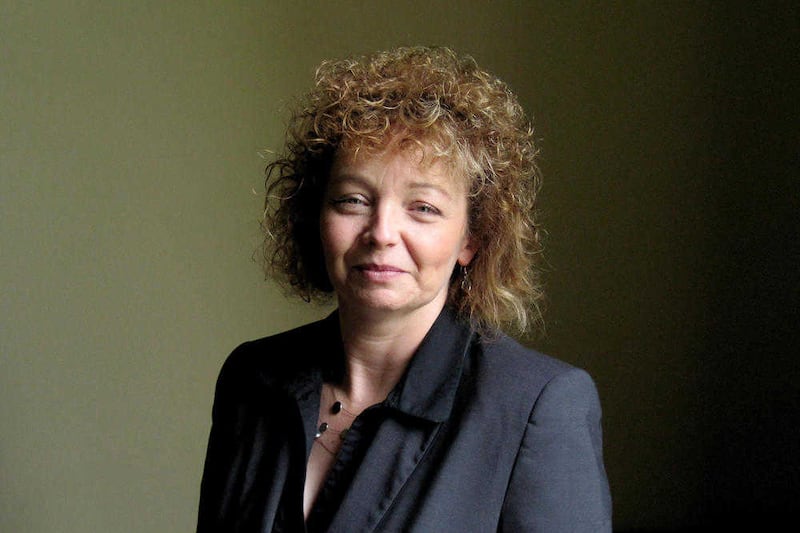A report into the controversy surrounding the cancelling of emergency 999 calls by gardaí has identified several incidents with “substantial shortcomings” in call handling.
The Policing Authority has published its final report on the police force’s review of the closure of computer-aided dispatch (CAD) incidents.
The authority commissioned Derek Penman to carry out an examination in July 2021, having become aware in December 2020 of issues relating to the invalid closure of CAD incidents.
Thousands of emergency calls were cancelled, meaning some victims did not receive the help they called for.
The final report was published following a call recording sampling phase which consisted of Mr Penman and his team listening to recordings of 210 calls made to the service in order to assess the quality of the response.
The report said that overall, call takers are meeting the standards of service that the public should expect, but warned there were “inconsistencies both within and across the four regional control rooms”.
It continued: “Several incidents were identified with substantial shortcomings in call handling.
“Although there was the potential for serious harm to victims due to such shortcomings, no actual harm was identified from the sample examined in the call listening phase.
“However, it is not possible to determine whether serious harm occurred in incidents where callers or potential victims were not identified.”
It also said there was “very limited evidence” of any supervisory checks over the emergency calls, and added “there are incidents where the information provided by callers was not accurately recorded”.
The report said: “At times, this meant that Garda Siochana members were dispatched to the wrong locations, and callers could not be re-contacted.
“Although not quantified, there were occasions where the Garda Siochana was unable to provide a service, and in terms of the Garda Siochána’s CAD review, some callers remain unidentified.”
The report said there were incidents where call takers did not display sufficient skills or take sufficient time to properly assess the vulnerability of callers, as well as incidents where officers specifically requested that the emergency call incident be cancelled.
The report continued: “The issues around the ageing CAD system and other legacy technologies in use across regional control rooms are indicative of a chronic lack of investment.
“However, the cancellation of calls requires a specific action on the part of a call handler in order to cancel a call and therefore the technology was not deemed to be a significant contributory factor.”
Mr Penman has recommended the gardaí concludes its CAD review and concentrates its resources on improving the current call handling arrangements.
Policing Authority chairperson Bob Collins said: “The 999 emergency call service is a crucial public service that people, often the most vulnerable, rely on in moments of crisis.
“It is essential that the Garda Siochána addresses the underlying issues identified in this report – issues including supervision, selection processes for specific roles, and performance management – so that the public can continue to have the confidence that it needs to have in the 999 emergency call service and will be assured of receiving the quality of service it deserves from its policing service.”
The report will be discussed on Thursday at a public meeting between the Policing Authority and the Garda Commissioner Drew Harris in Dublin Castle.


